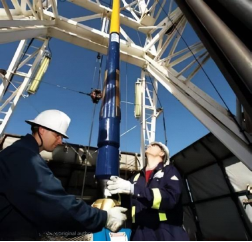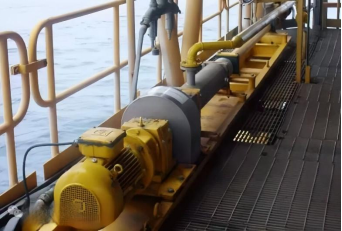Applications of Progressive Cavity Pumps in the Petrochemical Industry
Progressive cavity pumps (PC pumps) are vital in the petrochemical industry due to their ability to efficiently handle viscous, abrasive, and corrosive materials. This article explores the specific applications of PC pumps in this sector.
1. Crude Oil Transfer
PC pumps are commonly used for the transfer of crude oil from extraction sites to refineries. Their ability to handle high-viscosity fluids allows for smooth and efficient transportation, minimizing the risk of blockages and ensuring a steady flow rate.
2. Chemical Injection
In petrochemical processing, precise chemical injection is crucial. PC pumps are employed to inject additives, catalysts, and other chemicals into various processes, such as refining and polymerization. Their accurate flow control ensures that the correct amounts are delivered, which is essential for maintaining product quality and process efficiency.
3. Polymer Production
PC pumps play a key role in the production of polymers, where they are used to transport viscous feedstocks and intermediates. Their capability to handle shear-sensitive materials without degradation is particularly beneficial in ensuring the integrity of the final polymer products.
4. Waste Management
In petrochemical facilities, managing waste and byproducts is critical for environmental compliance. PC pumps are utilized to transfer sludge and other waste materials to treatment systems. Their robust design allows them to handle abrasive and corrosive waste, ensuring efficient waste management.
Benefits of Using Progressive Cavity Pumps
Durability: Designed to withstand harsh petrochemical environments, ensuring long service life and reliability.
Efficiency: Provides consistent flow rates, enhancing overall productivity in petrochemical operations.
Versatility: Suitable for a wide range of applications, from crude oil transfer to waste management and chemical injection.
Conclusion
Progressive cavity pumps are essential in the petrochemical industry, providing reliable and efficient solutions for various applications. Their durability, efficiency, and versatility make them indispensable tools in modern petrochemical processes, contributing to improved productivity and environmental sustainability.




